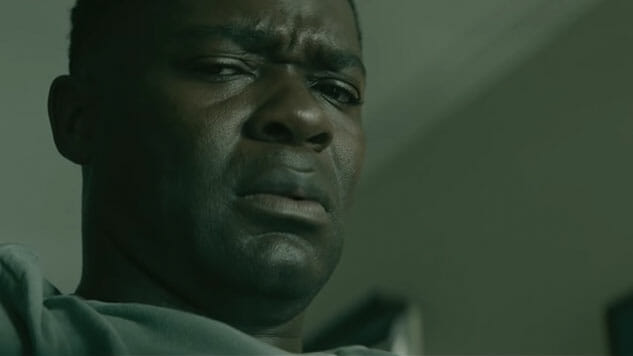Don’t Let Go

Don’t Let Go—a goofy, formula-driven murder mystery that leans almost exclusively on its time travel twist—at the very least seems to have involved a captivating elevator pitch, something along the lines of: “Jack (David Oyelowo), a homicide detective, is grief-stricken when he finds out that his mentally ill brother (Brian Tyree Henry) killed his daughter Ashley (Storm Reid) before turning the gun on himself. Two weeks after the tragedy, Jack’s phone rings. The caller ID reads: Ashley.”
Is Ashley a ghost? An imposter? The answer is equally captivating and banal: She’s calling from the past, as Ashley and Jack’s phones can magically connect—though they’re two weeks apart. Such a premise could open up a bevy of clever and twisted narrative possibilities, but writer/director Jacob Estes settles on the most generic thriller tropes at every turn. After the horrific murder-suicide, Jack’s tortured by the guilt that he could have done more to help his brother with his illness, that maybe being more involved with Ashley’s life could have cultivated a different result. How refreshing would it be if Jack kept trying to find ways of changing Ashley’s family dynamic over the time-traveling phone, only to have it end in bloodshed over and over again? A quantum jumping psychological thriller about how we can’t be in control of others’ behavior no matter how hard we try? Now that’s at least interesting. Blumhouse released Don’t Let Go, and they’re certainly not averse to bold takes that explore the psychological aspects of a straight genre exercise. Get Out, The Gift and Creep are just the first that come to mind.
-

-

-

-

-

-

-

-

-

-

-

-

-

-

-

-

-

-

-

-

-

-

-

-

-

-

-

-

-

-

-

-

-

-

-

-

-

-

-

-








































